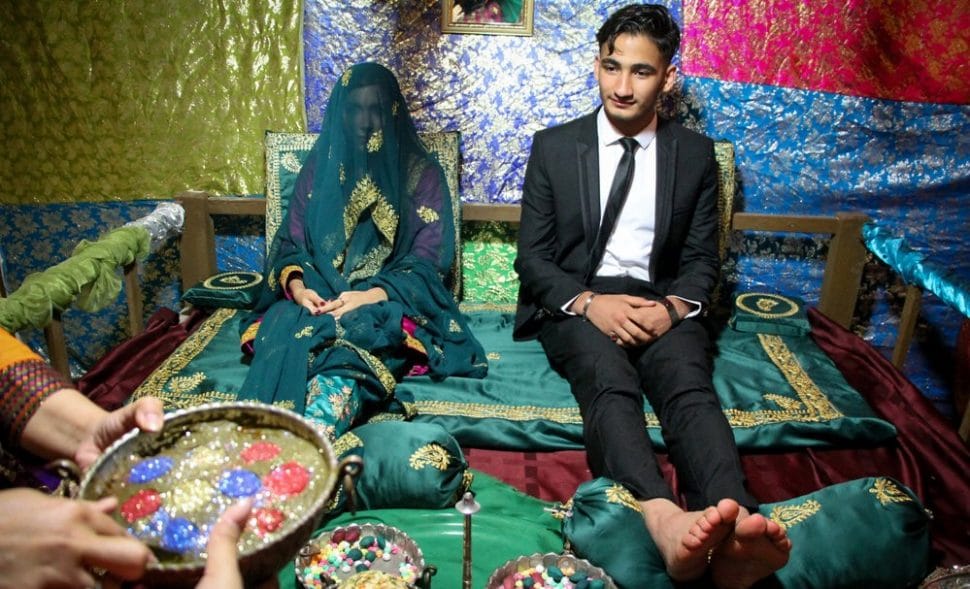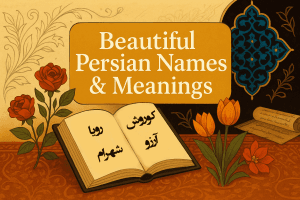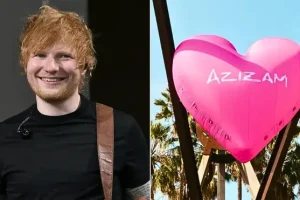
Traditional wedding customs in southern Iran
How is the traditional wedding ceremony in the south of Iran?
Today, we want to learn about traditional wedding ceremonies in the southern regions of Iran and what are the customs of traditional wedding ceremonies in the southern regions of Iran.
Wedding ceremonies are considered the most beautiful celebration of joy for all languages and ethnicities. However, if this ceremony is held among Iranian rural communities and ethnic groups, it will be much more fascinating due to their adherence to preserving their customs and their distance from the city life.
In addition, the wedding ceremony in the southern part of Iran is very beautiful and attractive due to the richness of traditions and the commitment of many residents of southern cities to this celebration. Moreover, the people of the southern part of the country are very lively and happy, and music plays an important role in their lives.
All kinds of traditional customs in the wedding of the people of southern Iran
Red carpet ceremony for the groom’s family
In every family, the first stage of the proposal should be held formally, and usually this tradition is used in a similar way in all families. However, in Khuzestan province, one of the four southern provinces of Iran, there is a traditional custom for proposing that many people still adhere to, especially among the Arab population in the region. This custom is called “Nahi”, which means disagreement to the marriage of two people. In this tradition, the family’s son must ensure that there is no Nahi or disagreement among the girl’s family; because if such a person exists, the son must convince them or give up on continuing the relationship. If the relationship is continued, the family’s son sends his mother to see the girl, and when the boy’s family goes for a formal proposal, the girl’s family declares their consent with the phrase “We have rolled out the red carpet for you “.
Hanabandan
Usually, the ceremony of “Hanabandan” is held one night before the main wedding ceremony in the southern part of the country. In provinces such as Khuzestan, Hormozgan, and Bushehr, henna is applied to the hands and feet of the bride and groom. In some villages of Khuzestan, henna is only applied to the groom’s feet and a little bit to the bride’s palm.

A beautiful room with golden decorations
In Hormozgan province, a beautiful room is decorated for the bride and groom, and they are taken to the room on the wedding night. This room is a chamber within the bride’s father’s house, which is heavily decorated. Inside the chamber, there are numerous mirrors installed on the walls and ceiling, along with short verses from the Quran, flower vases, ornaments, chandeliers, and other decorations. The room mostly features bright and vibrant colors, and in the past, it used to have gold on the walls and doors. However, due to financial constraints, families now decorate the room according to their budget. Usually, the chamber includes facilities such as a bathroom and toilet. In the past, the bride and groom used to stay in the chamber for at least two weeks to three months, and only left for urgent matters. Additionally, their food was provided by the family.
This tradition still exists among the people of Hormozgan, albeit with some changes. Even today, bride chambers in the city of Bandar-e Kong in this province have been registered as an intangible heritage, and some of these chambers have been decorated for tourism and accommodation purposes.


The role of music in traditional weddings of southern Iran
In all southern provinces of the country, including Khuzestan, Hormozgan, Bushehr, and Sistan and Baluchestan, southern music plays a very important role in all wedding ceremonies.
Undoubtedly, various ceremonies are held during the wedding days of a couple in every village and city, some of which are forgotten or still performed, but comprehensive information about them is not available. These ceremonies may vary based on the taste and tradition of the local people, but all of them are aimed at creating a joyful and pleasant atmosphere for families.
The benefits of getting to know wedding traditions in southern Iran
Hi, I'm Fazel — a native Persian teacher and the founder of PersiaSky, an online platform dedicated to helping people around the world learn Persian language and culture.
With a degree in Persian Language and Literature and over six years of teaching experience, I’ve guided students from all over the globe — from beginners to heritage learners — to confidently read, write, and speak Persian.
At PersiaSky, we don’t just teach language; we share the soul of Persian culture — from daily conversations to poetry, traditions, and beyond.
Whether you’re learning for travel, curiosity, or connection, you’re warmly welcome here.
Let’s explore the beauty of Persian together




